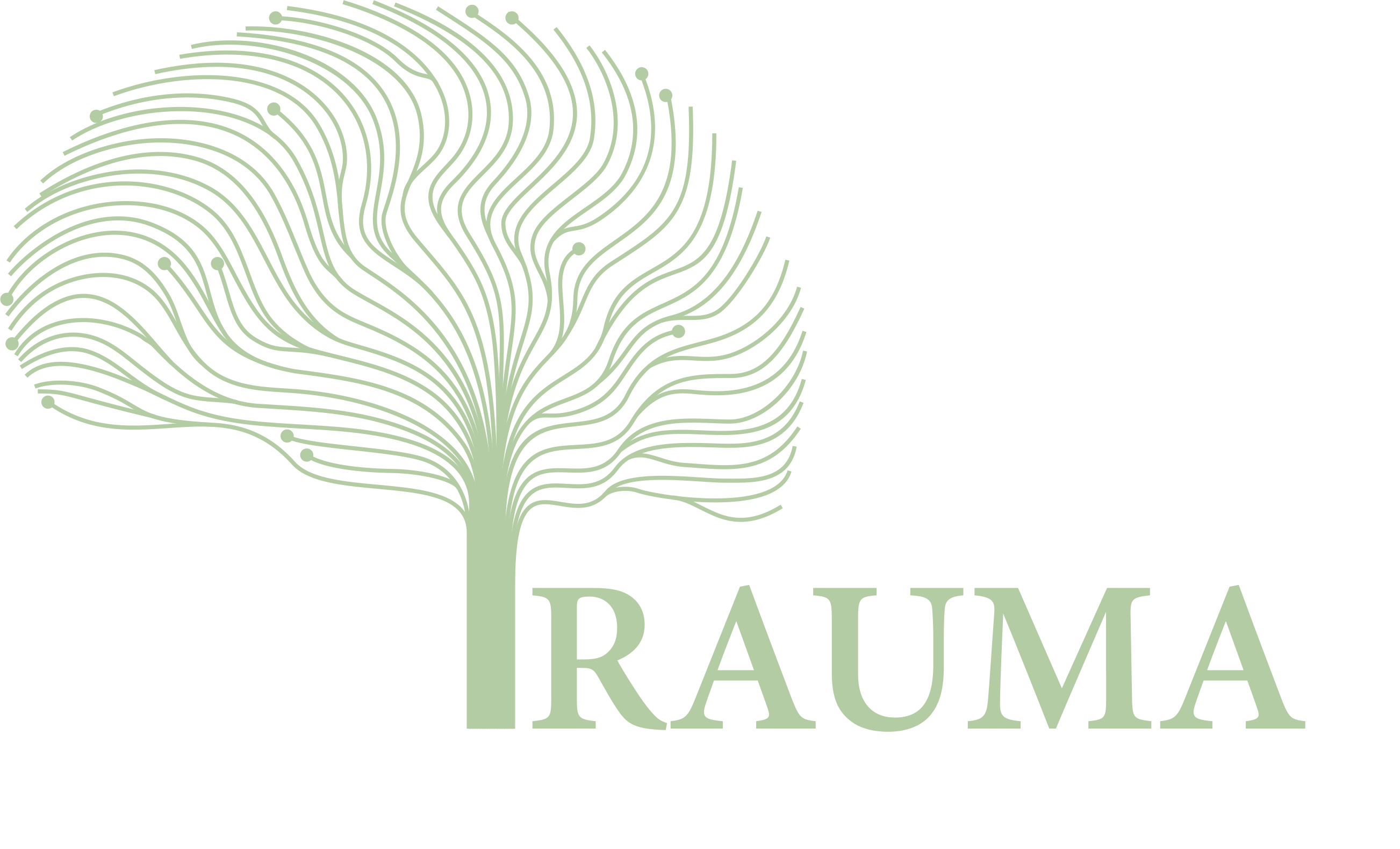Therapy for Narcissistic Personality Disorder
Narcissistic Personality Disorder (NPD) is a mental health condition where one has an inflated idea of themselves, a constant need for admiration from others, and difficulty with empathy.
Can Narcissistic Personality Disorder be treated?
Yes, NPD is known to be treatable, and takes purposeful intention, time, and dedication for some behaviors to shift. When it comes to therapy for NPD, one of the most effective therapies is called Mentalization-based therapy (MBT). MBT is a psychodynamically based therapy that is known to be effective for Narcissistic Personality Disorder, in addition to Borderline Personality Disorder, eating disorders, depression, and related ineffective coping skills. Children, adolescents, and adults that struggle with these diagnoses or related symptoms may be able to benefit from MBT. Depending on the treatment program, (typically group) MBT sessions are approximately 75 to 90 minutes. Treatment programs last approximately 12 to 18 months. MBT can help you to understand yourself and others more, by examining current life situations that you are experiencing, specifically ones that may end with a strong emotional reaction.
Where did Mentalization-based therapy come from?
MBT draws a part of its approach on attachment theory and points to the significance of a child’s secure attachment to their early caregiver. If a child has an insecure attachment to their early caregiver, the child may not be able to fully mentalize their needs or the needs of others. This would mean that the child would find it hard to understand their thoughts and feelings and find it hard to practice understanding the thoughts and feelings of others. This reaction may not be that unusual for a young child raised by a caregiver who for whatever reason was unable to meet the emotional needs of their child.
How does Mentalization-based therapy work?
The process of MBT includes focusing on what’s happening in your mind and exploring other possible intentions behind the behaviors of others – behaviors that may initially be perceived as annoying, insulting or asinine. Mentalization can help to practice thinking things through before acting on a strong emotional reaction. For those who did not have a secure attachment in childhood, MBT can help promote a secure attachment by establishing the therapeutic relationship between you and your clinician. Through practice, MBT can help you or your loved one to manage strong emotional reactions and problematic behaviors and improve the relationships that truly matter to you.



